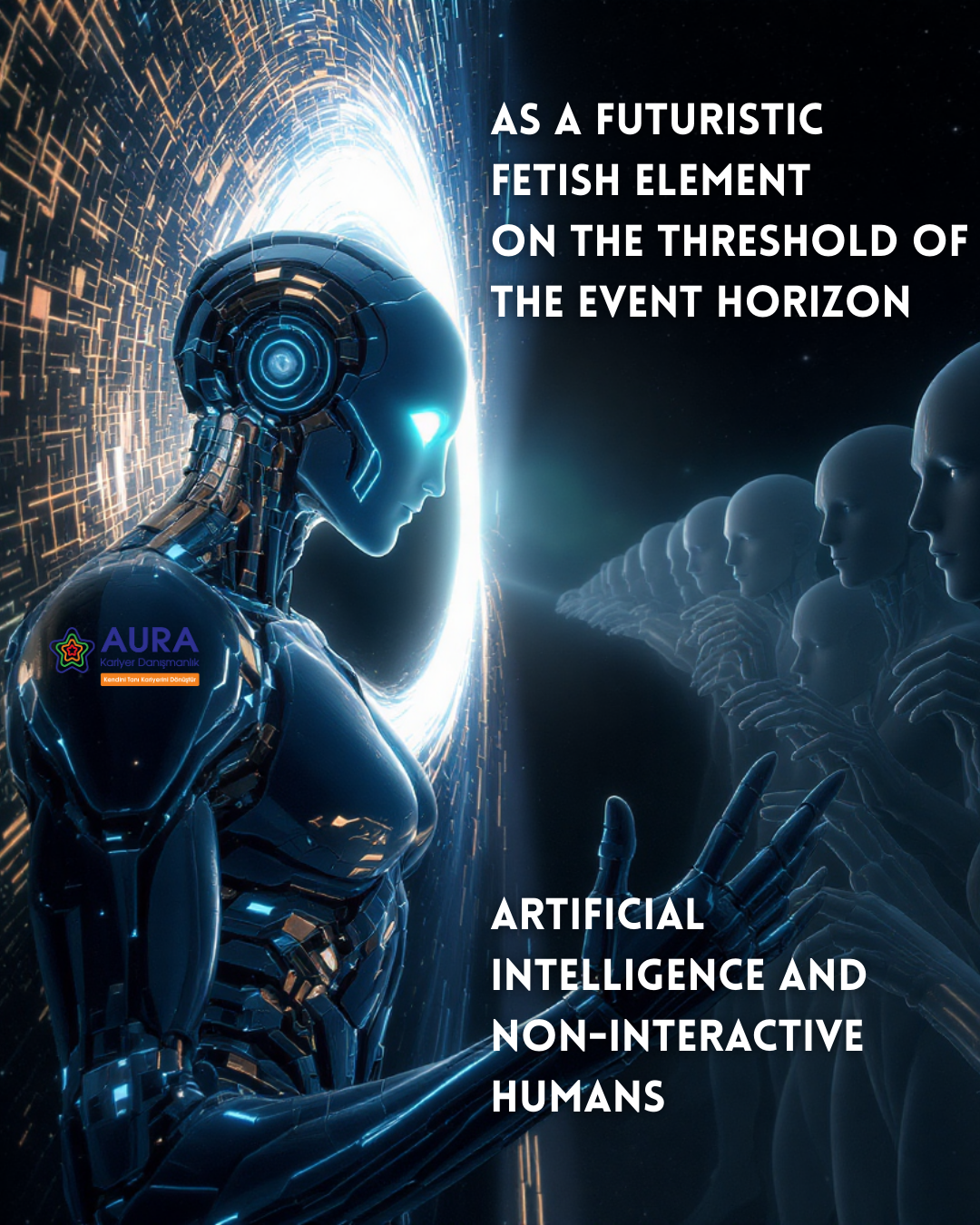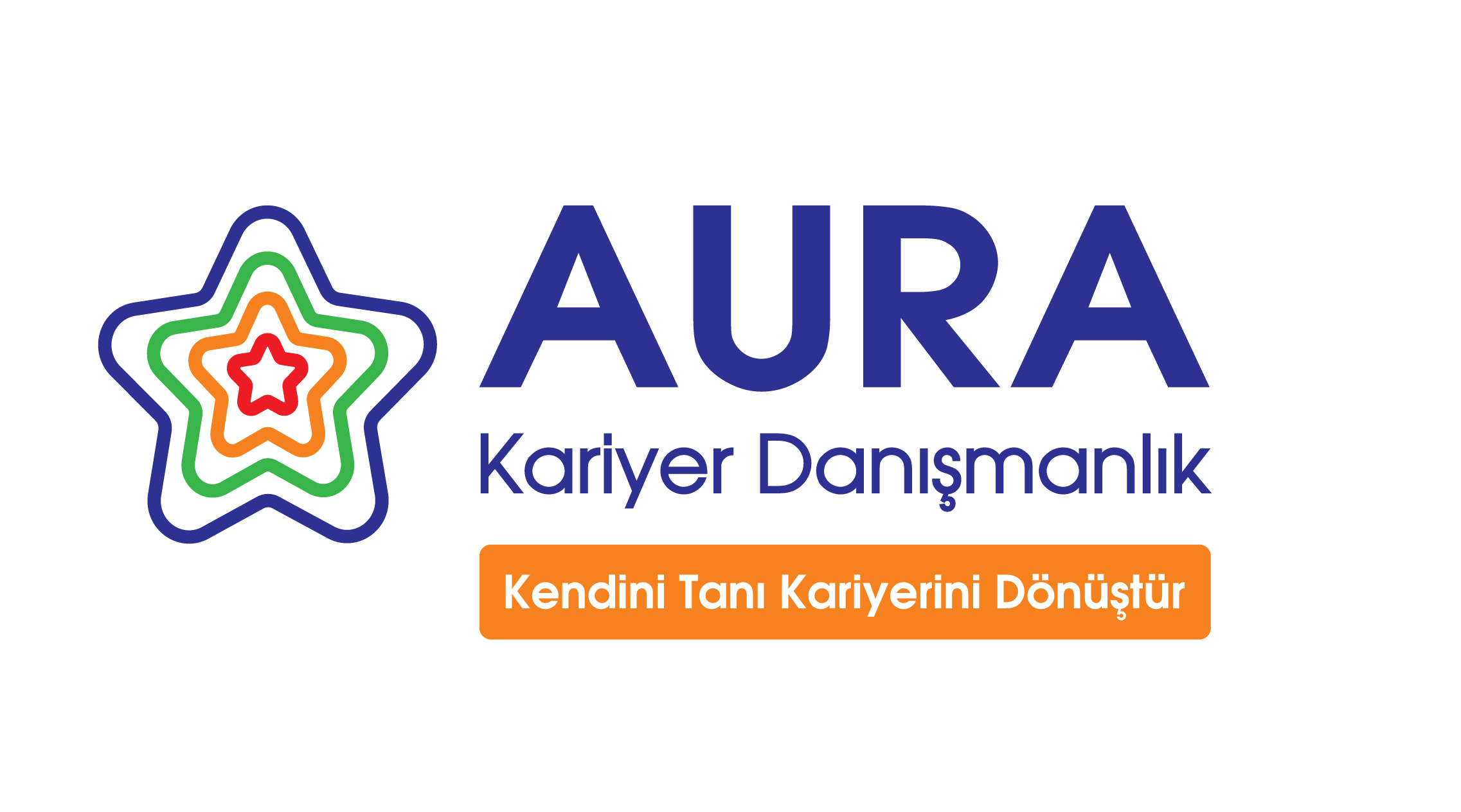As a Futuristic Fetish Element on the Threshold of the Event Horizon
Artificial Intelligence and Non-Interactive Humans
We have been following a question and its answer that has come to our minds again and again, wearing different masks in different periods, from the unknown beginning of our existence on Earth to the present day.
During this questioning journey that we embarked on by focusing on the source of our lives, we longed for companions who could accompany us, make our work easier, and even allow us to offload almost entirely the issues we considered a burden on our shoulders.
The term “Homo faber”, which we can briefly describe as a tool-making human used by Henri Bergson, perhaps requires us to pay careful attention to it.
Since the Paleolithic Age, we have begun using tools, and have consistently invented new tools to make our lives easier, sometimes knowingly, sometimes unknowingly.
Although the conceptual foundations of machines made by human beings, under their control and able to carry out their wishes and commands, or robots as we define them today, were perhaps laid centuries ago, we only began to reach tangible examples in the period following the Industrial Revolution.
I say we have begun to reach it because the robotic characters prepared in film studios and adorned with surreal animations can still be described as a memorable example of fantasy cinema for us.
We experience, moment by moment, the limitlessness of our imagination in the possibility that humans, or a tool/machine they use, possess superhuman powers (magic, spells, supernatural powers, etc.), and that these powers can be used for human purposes.
At this point, I want to mention a concept used in anthropological/ethnographic studies: Fetish.
Fetish is defined in the Dictionary of Anthropology (Antropoloji Sozlugu)* as follows: “Fetish is the name given to an object believed to possess magical powers and to bring good or evil. …Fetishes, believed to contain a demon or protective spirit, can be personal or pertain to an entire society.” (Emiroglu, Aydin, 2003, 314-316)
As stated in the definition, we can speak of objects and even phenomena that societies fetishize.

Since the final months of 2022, a topic that has been on everyone’s minds, from 7 to 70, has been sweeping the world.
Yes, you guessed it; I’m talking about Artificial Intelligence.
With the launch of ChapGPT by OpenAI (while still in development, albeit with its shortcomings) worldwide, our world, with its human population reaching 8 billion, is saying “Hello!” to a brand new global fetish element.
“Over time, we’ve begun to talk about the impact of technological products like DeepSeek, Grok, and CoPilot, which we can briefly describe as GPT-based, as followers have become available to users one by one, on our lives, from our daily routines and work lives to our entertainment and works of art.
Just like blindfolded people trying to make sense of an elephant standing around only by touching and grasping the part they are trying to grasp, today we are trying to understand/make sense of the subject of Artificial Intelligence in our own way.
Could it be too early to start using artificial intelligence tools in many areas, such as ChatGPT for content creation, GammaApp for presentation preparation, Deepl for foreign language translation, Notion for meetings, Midjourney or DALL-E for creating visuals, or even to try to standardize such uses?
While it is possible to trace the theoretical roots of the use of Artificial Intelligence, which has been a part of our lives for about three years as a result of developments in information technologies, back to the Ancient Age, we need to emphasize the importance of the steps taken in this regard in the 20th century.
These applications, which were made available to a wide audience after intense academic discussions and laborious laboratory studies, are still in the development phase.
As the saying goes, “the caravan lines up on the road,” an Artificial Intelligence experience beyond the products and possibilities we use today awaits us in the future, in line with the “experiential” big data obtained as a result of millions of users’ access to applications around the world.
With all this being said, I believe that some topics that many people overlook deserve to be discussed in depth.
Namely: We need to talk about Artificial Intelligence in the simplest way possible, leaving aside the discourses fueled by anxiety and fear about what exactly Artificial Intelligence is, how it can contribute to people, and the transformative effects of Artificial Intelligence-based applications and tools in the short, medium and long term.
We are going through a twilight-like period where the use of Artificial Intelligence is reduced to just good prompt writing, where everyone is expected to act like a programmer, where the question-asking aspect, which we believe is at the core of the subject, is disconnected from the context in question, and where answers to the questions of why and how people should use Artificial Intelligence applications are glossed over.
Although still in its infancy, it’s time to discuss the truths about Artificial Intelligence, which some see as a miraculous technological savior, while others see it as the very evil that will endanger humanity’s future.
While we all agree on the importance of all technological advancements that will contribute to the sustainability of human life, we must particularly re-evaluate thinking, which can be considered the most important element that defines us.
I would like to emphasize that just because we are starting to use AI-based applications today does not mean that we will hand over thinking and decision-making, which can be described as human qualities, to algorithms when the time comes.
Just as we have created software applications that have the ability to learn on their own as a result of algorithms, language models and their interaction, which we call Artificial Intelligence, it is we who will contribute to making our lives easier by using them. Just as we are the ones who will use them to make our lives easier, we are the ones who will use them.
There is no magician or fortune teller in front of our screens. On the contrary, we are faced with an element that connects the information we willingly present to it, makes sense of it, evaluates it, and interprets it (context), ultimately answering our questions in the same way we fed it.
Unfortunately, we can say that countless Artificial Intelligence tools available for free around the world are unconsciously trained and even fed by millions of users who think they are benefiting from them. When faced with the answers they receive to the questions posed, most users position the Artificial Intelligence application in their minds like a miraculous fetish, as if they were living witnesses to a self-fulfilling prophecy.
Perhaps the reason why millions of people are unemployed and afraid of starving lies in a matter that is overlooked in the details of articles titled “Professions That Will Be Eliminated by the Use of Artificial Intelligence.” This is the transformation that will occur in the positions in question as a result of the change that will occur in the current work.
We are going through days where our ability to adapt is as vital as breathing.
Instead of aimlessly attacking or ignoring AI, like Don Quixote, as many do, like a Don Quixote quickly turning against windmills, we should focus on how to improve ourselves in this area.
- What does AI mean to us? What are our assumptions about it?
- Is using Artificial Intelligence a goal for us, or do we want to use it as a tool? Are we aware of this situation?
- Which issue do we want to use Artificial Intelligence-based applications to find solutions to?
- Do we have the necessary knowledge to ask the right questions on the right topic? (For example, NLP knowledge.)
- Are we aware of the ethical approach we should take when training the Large Language Models (LLMs) we interact with, depending on our intended use?
- What does the development of a hybrid approach to human use of AI and the resulting collaboration mean for us?
- Our priority is: Being a good AI user or being AI literate?
What would be your answer to these questions?

The Event Horizon is defined as the boundary that determines the region within a Black Hole where light cannot escape from the gravitational force. Since nothing can travel faster than light, we can briefly describe it as the boundary where everything is drawn into the black hole.
As a result of our technological advancements, we have started to use applications that we call Artificial Intelligence today.
If we accept that today is yesterday’s future, Artificial Intelligence, which was only a theory yesterday, is now with us as a reality. We have no doubt that it will continue to be us in the future.
That is why we need to grasp this reality from which we have no escape, in all its dimensions.
I would like to remind you once again that instead of considering it as a genie out of a bottle, we should act with awareness and focus on how we can use it as a companion/tool that will contribute to our continued existence in the future.
Please remember! Whatever you possess is what will be reflected in the mirror.
*Emiroglu K., & Aydin S. (2003). Antropoloji Sozlugu. Bilim ve Sanat Yayinlari.

